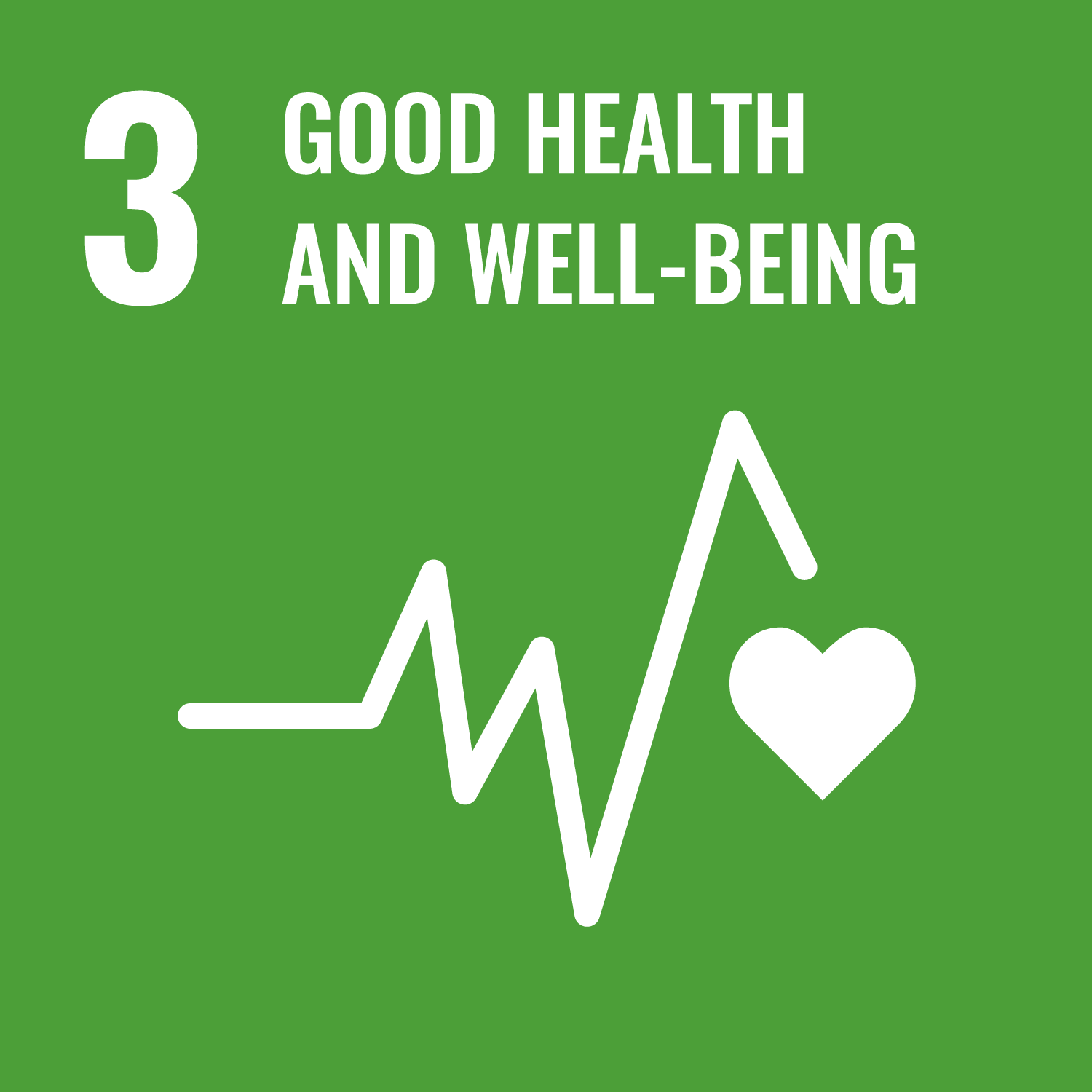UNAIDs 2010 Outlook report provides a comprehensive overview of the global response to the ongoing HIV/AIDs crisis, It begins by presenting the reader with comparative graphs and diagrams to demonstrate international diversity in HIV/AIDs response. Special attention is paid to the political and economic context of HIV/Aids specific health-policy, as well as the widespread and politically embedded stigma of people living with HIV/AIDs. The report is comprised of interviews with varying HIV/AIDs experts and activists, and particularly highlights the prevention and treatment responses of the BRIC (Brazil, Russia, India, and China) countries up to 2009.
The report identifies the need for special consideration to the exclusion of the needs of marginalised groups in HIV/AIDs awareness, prevention and treatment. These groups include men who have sex with men (MSM), trans and third gender people, sex-workers, and drug users. Throughout the report, the authors highlight the lived-experiences of MSM and trans and third gender people, and how they cope with a reductionist approach to HIV/Aids treatment for marginalised communities. Interviews with trans-activists living with HIV/AIDs in Brazil foreground an analysis of the barriers to equitable HIV/AIDs prevention and treatment as a result of institutionalised homophobia and transphobia. The report highlights the voices of international activists working to dismantle homophobic and transphobic structural barriers to health and well-being. It calls for a vigorous appraisal of HIV/AIDs support complemented by increased visibility of diverse sexuality and gender identity through social transformation, and destigmatisation through early-education.








